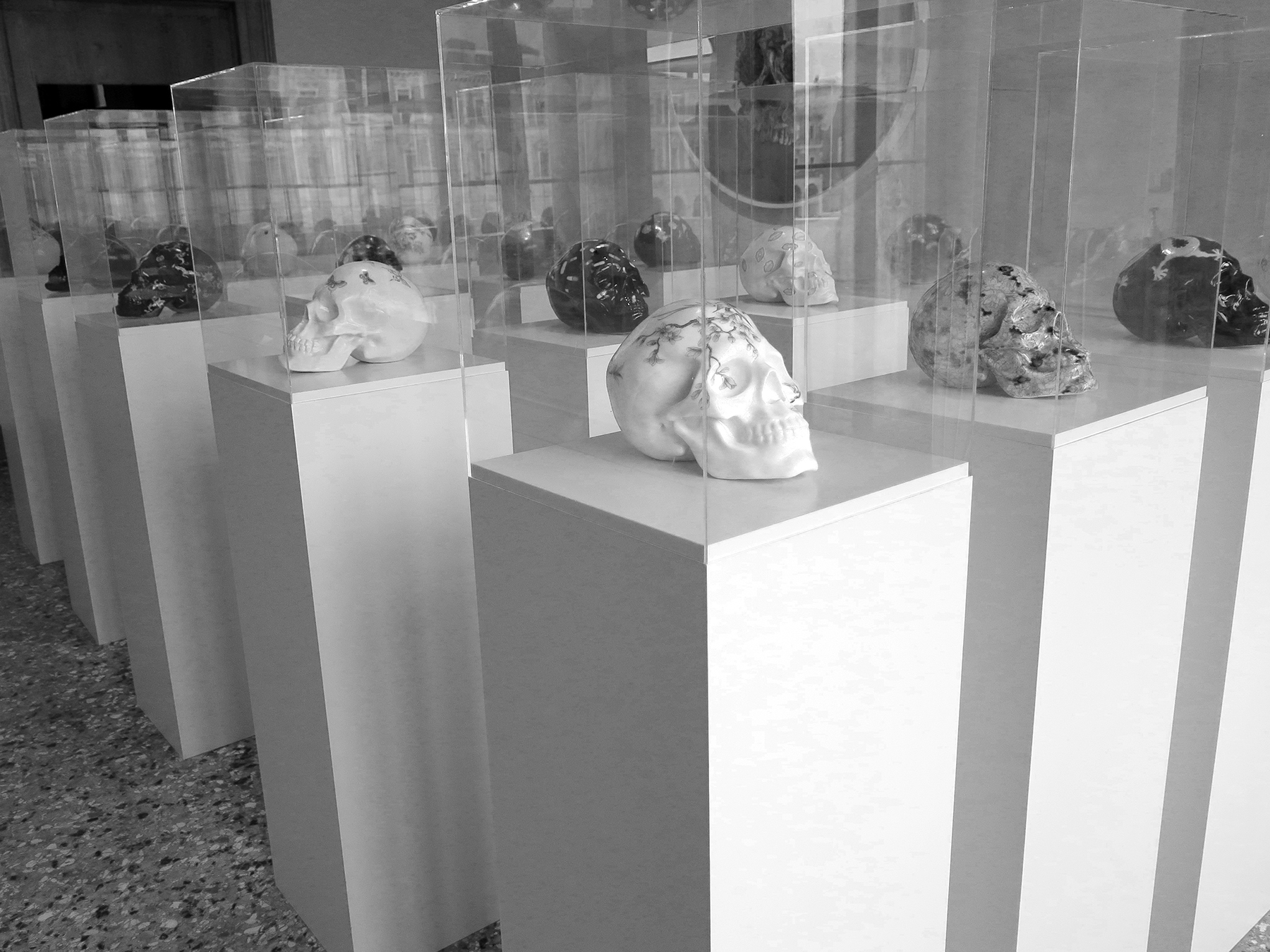In 1993, Cornell University historian of science Margaret W. Rossiter published a paper that evaluated systematic, sex-based bias against women scientists and their work both in a historical and a contemporary context. She named that bias the Matilda effect after suffragist and feminist critic Matilda J. Gage of New York, who in the late nineteenth century both experienced and articulated this phenomenon. Both the historian and her subject are fascinating personalities, but I want to concentrate on Rossiter’s work here, because it provided a lot of stimulation for social psychology research that has confirmed her notions in experimental settings of gender bias and science. (My source is a terrific essay in the Smithsonian from last year.)

Rossiter was one of the few female grad students in History of Science at Yale in the 1960s and wondered why no-one would ever teach about female scientists, Marie Curie excepted. Her curiosity set her on a path devoted for all of her professional life, to excavate all those women scientists who had been relegated to the dustbin or excluded or simply stricken from the record. Equally important, she investigated the mechanisms by which male domination in STEM fields continues to flourish.

Her three books (the first published in 1982) on the topic began with this introduction: “It is important to note early that women’s historically subordinate ‘place,’ in science (and thus their invisibility to even experienced historians of science) was not a coincidence and was not due to any lack of merit on their part. It was due to the camouflage intentionally placed over their presence in science.” (Here is the most recent volume:Women Scientists in America: Forging a New World since 1972.)

Her work emphasized that women CAN do the work by providing countless examples of what women had accomplished; her writings eventually led to a program by the National Science Foundation funding efforts to increase “the representation and advancement of women in engineering and academic science degrees.” She also showed how often male scientists either received or more often took credit for the work done by their female colleagues. Misplaced credit has had enormous consequences, both for the betrayed women but also for STEM fields as a whole who underestimate, curb or exclude the potential contributions by scientists not male.

One of the things not considered by Rossiter in her decades of writing and research is the role played by sexual harassment in the STEM fields. Her archival sources used to stitch together the picture of women in science across the centuries were simply mute on that point. We do, however, have more information for our own time: A year and a half ago the National Academy of Science published a book with stunning statistics (Sexual Harassment of Women Climate, Culture, and Consequences in Academic Sciences, Engineering, and Medicine(2018.) Here are some of the numbers:
-Women in STEM endure the highest rate of sexual harassment of any profession outside of the military.
– Nearly 50 percent of women in science, and 58 percent of women in academia, report experiencing sexual harassment, including 43 percent of female STEM graduate students.
– 90 percent of women who report sexual misconduct experience retaliation.
No wonder then that so many drop out of the programs altogether.

What fascinates me is the effect that a singular curiosity – first Gage’s then Rossiter’s preoccupation with the disappeared women scientists – can lead to a real shift in how a society approaches a subject. Whether it is NSF funding, or social science research, or simply writers who start being hooked on the topic and investigate themselves – our view is changed forever and to the better. And speaking of writers, here is a fun book with portraits of women scientists – the link leads you to two of the 52 short biographies presented:

Music is also nifty today: Kronos Quartet’s cellist Jeffrey Zeigler performs works of 8 contemporary composers who created a piece related to a specific scientist. The full album can be found on Spotify – Sounds of Science (Jeffrey Zeigler.) Here is one track. And another (by Yuka C. Honda, composing for NASA mathematician Katherine Johnson who died in January. And another (Felipe Pérez Santiago composing for Jill Tarter, an American astronomer looking for extraterrestrial life.)

Photographs of diverse works at the Venice Biennale 2015.






Iris
Just read a real good book about this, I recommend it:
Invisible Women – Data Bias in A World Designed for Men by Criado-Perez, Caroline
Gruss, Iris